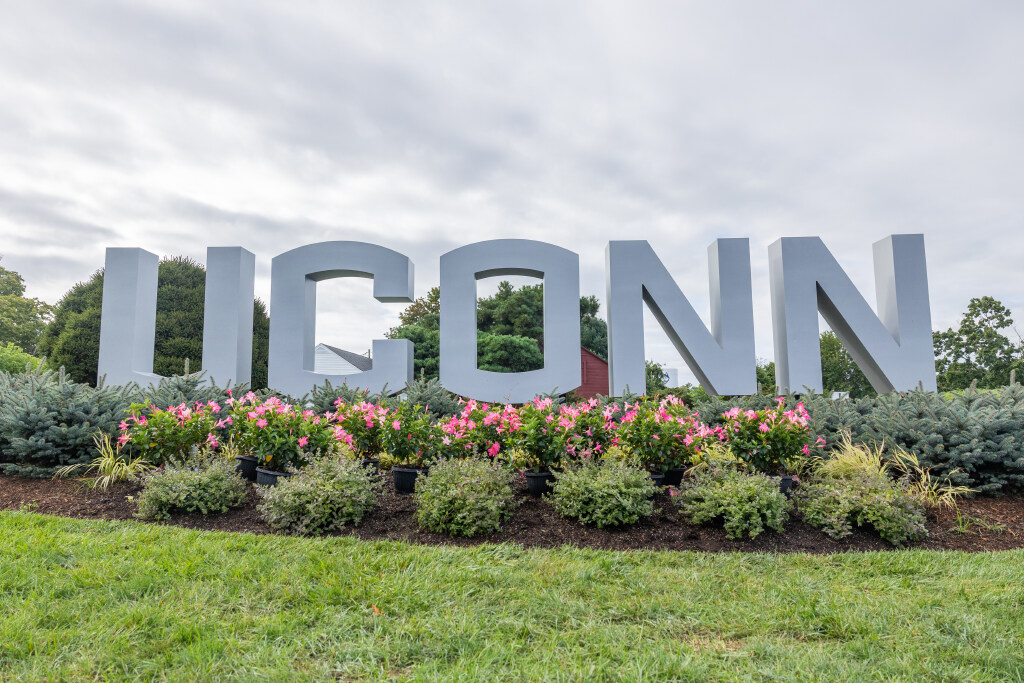In early September, Forbes Digital published its list of “America’s Top Colleges of 2024”, an annual ledger of 500 schools across the country ranked based on a unique set of criteria.
The University of Connecticut has been placed in the top 100, being awarded number 85 this year, and was included as number 31 in the public college category.
The Forbes list, which has been published annually since 2008, makes use of fourteen metrics. Data from federal education reports and private companies are tabulated and compared.
Typical debt load, graduation rate, retention and graduate salaries contribute to each school’s score – as does assessment of current academic performance and the entrepreneurial success of students and alumni. The undergraduate colleges of governors, congress people, members of the Federal Cabinet and winners of honors such as the Nobel Prize and Academy Awards are calculated as part of Forbes’ proprietary American Leaders List, contributing to 15% of institutions’ overall ranking.
UConn was also added to the list of “public ivy” institutions, denoting public colleges which offer an equivalent education to “ivy league” universities.
Highlighted UConn alumni listed in the university’s profile include NBA stars Kemba Walker and Andre Drummond, WNBA champions Sue Bird and Diana Taurasi and additionally the founder of New Fortress Energy and multibillionaire, Randal Nardone.
One of the list’s considerations is a school’s Carnegie Classification, a category system for higher education. The American Council on Education labels colleges that award a minimum of 20 scholarly doctorate degrees and meet their criteria for research initiatives as doctoral, which includes UConn.
The breakdown also shows that 89% of UConn students receive some form of financial aid, including 47% of students who have taken out loans to pay for their college education.
Forbes worked with Third Way, a modern centrist think tank, to develop a metric to measure student return-on-investment at a given institution as well as an “economic mobility” score.
This metric assesses the ability for lower-income students to achieve academic success. Part of the index includes a price-to-earning premium, a measure of the amount of low and moderate-income students enrolled and the average length it takes these students to repay student debt. UConn has an average economic mobility percentage of 42% according to Third Way.
This year, UConn dropped 7 spots from their position on last year’s Forbes list, and 11 spots in comparison to its ranking in 2023.
Other colleges in Connecticut placed favorably, with Yale University in New Haven taking fourth place. Wesleyan University in Middletown and Trinity College in Hartford clinched numbers 54 and 71, respectively. All three of these institutions are privately owned and funded.
The top three schools on Forbes’ list include the Massachusetts Institute of Technology in Cambridge, MA, Stanford University in California and in the number one spot, Princeton University in New Jersey.



